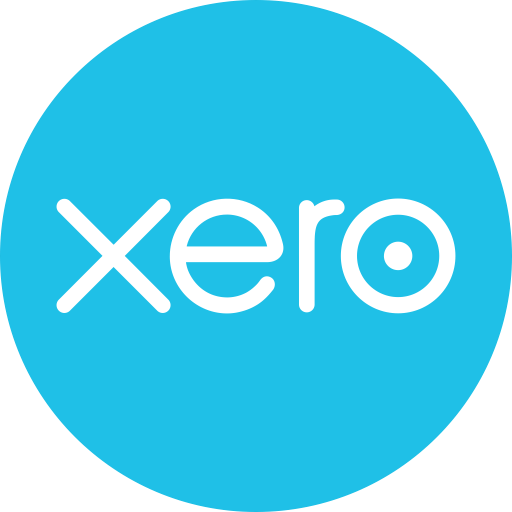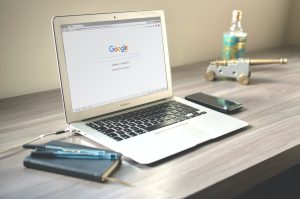Tax digitization is an important part of government planning to help individuals and businesses get taxes correctly and manage their operations
HMRC’s goal is to be one of the most digitised tax authorities in the world. Making Tax Digital will radically change the tax system. Transforming tax administration so its :
- More Effective
- More Efficient
- Easier for Taxpayers to get their tax right
Making Tax Digital for VAT
All VAT-registered companies are required to observe the Making Tax Digital rules with the aid of using software to post their VAT returns.
Making Tax Digital for Income Tax
Self-employed businesses and landlords with annual business or property tax above £10,000 will want to observe and follow the policies for Making Tax Digital for Income Tax from 6 April 2024.
Some businesses and agents are already maintaining virtual data and offering updates to HMRC as a part of a test period for monitoring and development of the digital process for Income Tax. If you’re a self-employed business or landlord you could voluntarily use software to maintain business records digitally and send Income Tax updates to HMRC as opposed to submitting a Self Assessment tax return.
Making Tax Digital for Corporation Tax
The government has posted a consultation of the destiny layout of Making Tax Digital for Corporation Tax and welcomes perspectives from organizations and different companies in the change to Corporation Tax, agents, and software developers.
The authorities will offer businesses a possibility to participate in a pilot for Making Tax Digital for Corporation Tax and will not mandate its utilization earlier than 2026.
Even at ABCounting we as a practice have been trying to maintain digitilisation through the use of Xero. As a result we are already prepared for the switch to full digitisation.
For a list of digital services and support that HMRC offers head over to the following link to see how it could help you :
https://www.gov.uk/guidance/help-and-support-for-making-tax-digital




